This history course examines the theories and strategies that people developed to explain the advent and spread of individual plagues and epidemics.
-
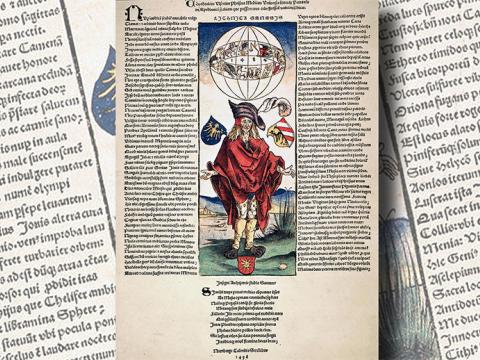
-

This course, which is cross-listed in East Asian languages and cultures, environmental studies, and visual studies, examines the relationship between environment and the arts in China and Japan—particularly how artists engage with and respond to nature through varied modes of artistic production and exhibition.
-
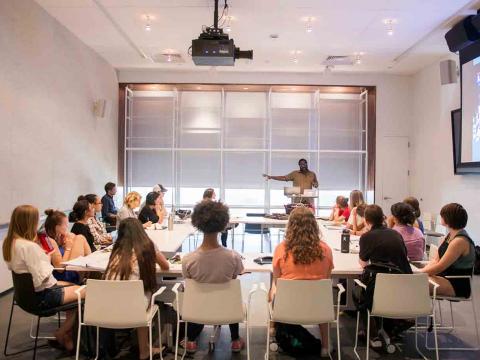
This English course introduces students to the study of literature through the art of borrowing, sampling, recycling, and remixing.
-

This course surveys anthropological approaches to architecture, with a particular interest in how architecture expresses senses of place.
-

The Black Extra/ordinary Symposium, organized by Assistant Professor Christina Knight, welcomed scholars, curators and artists from the greater Philadelphia area to campus’ new VCAM building for an explosive keynote performance and a day of discussions about black representation in fine arts, historical archives, and other visual landscapes.
-
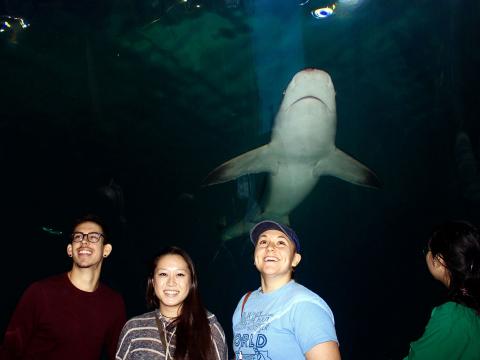
This biology course challenges students to confront issues relevant to human impacts on oceans and asks them to engage in a conversation about the best strategies and practices to mitigate these effects based on scientific knowledge.
-

This team-taught, case-studies-based course is the College’s introduction to the Tri-Co Environmental Studies Program.
-

This philosophy course examines how we learn and gain experiential knowledge by investigating such questions as “Is experience the same as expertise, and is it required for the acquisition of expertise?”
-
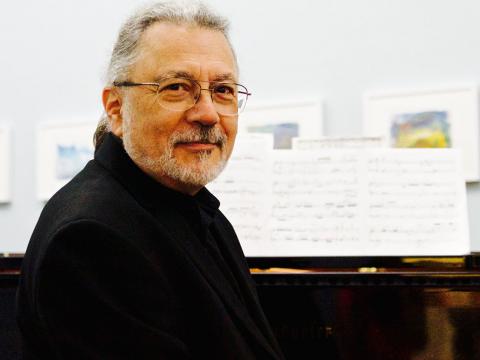
The Ruth Marshall Magill Professor of Music has written 13 new solo piano pieces inspired by the College's history and plans for its future, which he will premiere Oct. 28 at an event celebrating the recent conclusion of the successful capital campaign.
-

This introduction to the methodologies used in the automated recognition and synthesis of human speech (used for such technologies as Siri and Amazon Echo) is cross-listed in the computer science and linguistics departments.
-

In this “Case Studies in Chemistry” course, students revisit the world about them from the perspective of chemistry, including food, cars, and fabrics.
-
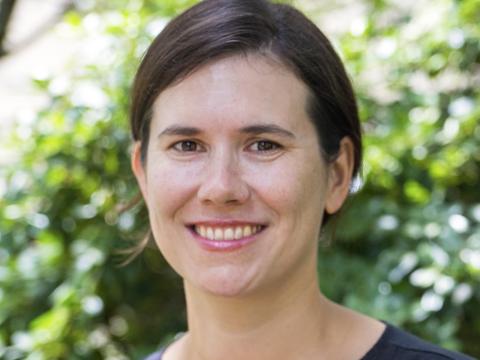
The associate professor of chemistry (and new KINSC director) is the fifth current member of her department to receive the award, which recognizes faculty who are outstanding educators and researchers with a $60,000 unrestricted research grant.
-
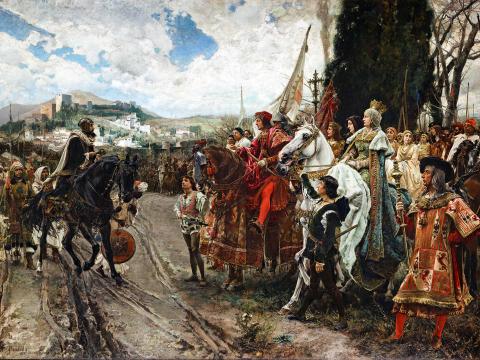
A history course analyzing “the first phase of globalization in world history,” a complex historical process rooted in the ancient and medieval worlds.
-
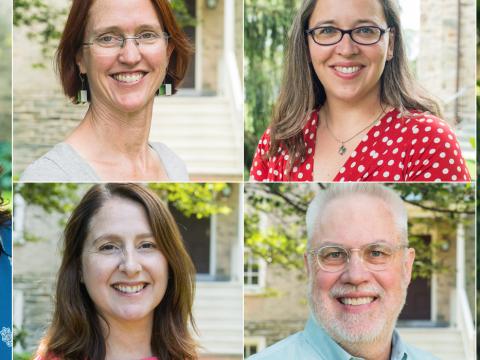
This year, new professors joined the Departments of Linguistics, Spanish, Physics and Astronomy, and Independent College Programs, as well as the Health Studies Programs.
-

Starting this semester, students can declare this new minor, which aims to create a dynamic model for critical and creative engagement with visual experience across media, time, and cultures.